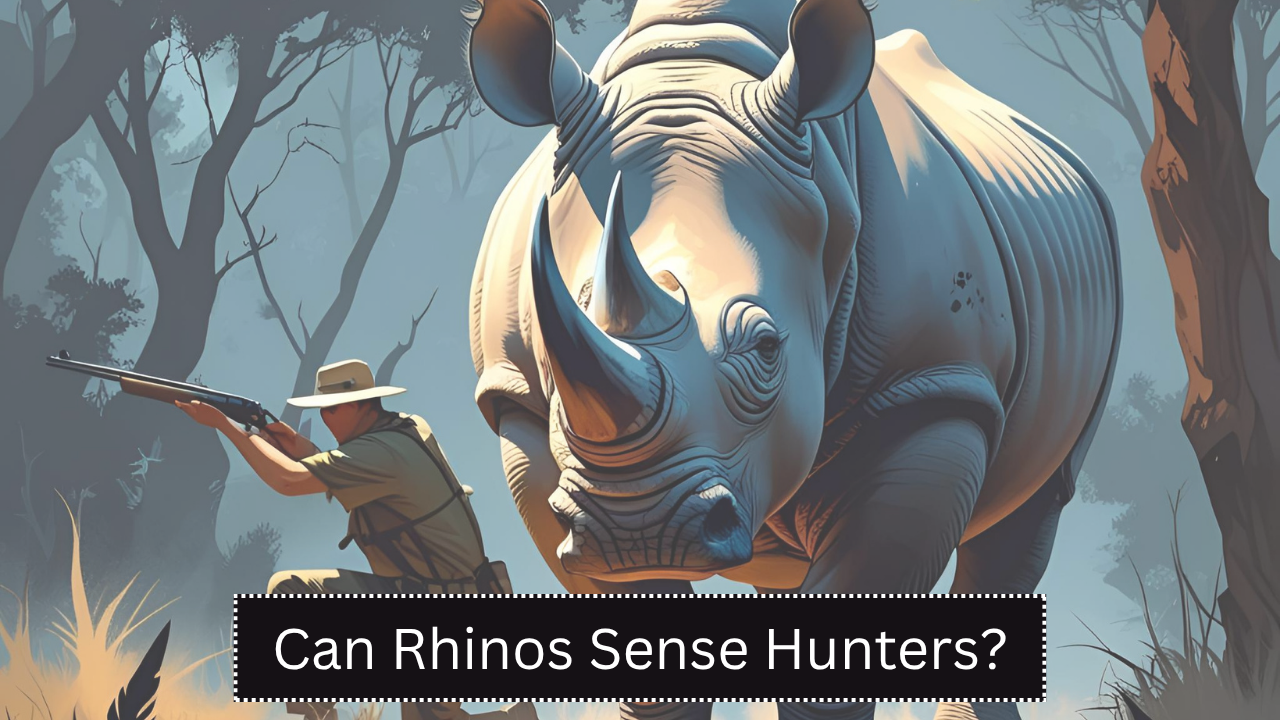Can Rhinos Sense Hunters? Behavioral Science from the Wild
Rhinos, as ancient herbivores, inhabit diverse terrains ranging from African savannas to dense Asian forests. Their massive size and physical strength might suggest invincibility, yet these creatures remain under constant threat from poaching. A growing body of behavioral science indicates that rhinos might not be as defenseless as once thought. Evidence from wildlife studies suggests … Read more


